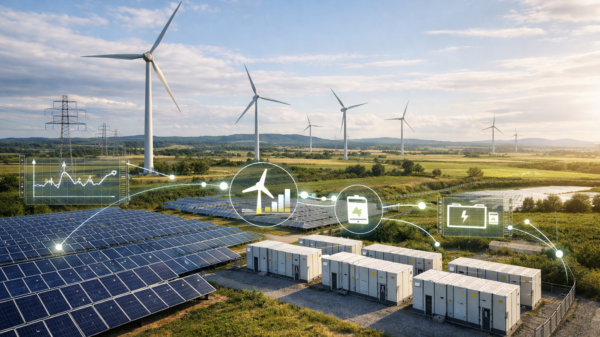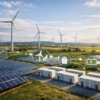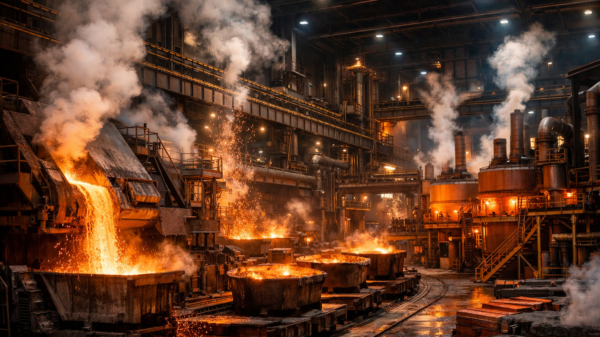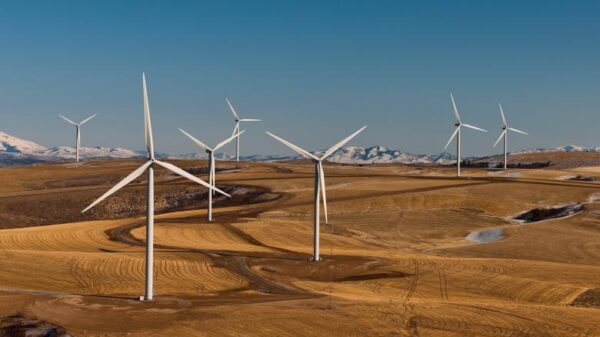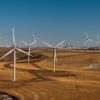PepsiCo Canada (NASDAQ: PEP) is matching the electricity used in producing its products with 100 per cent renewable energy sources as part of a commitment to reach net-zero emissions by 2040.
PepsiCo Canada intends to reach its electricity consumption target this year through a virtual power purchase agreement (VPPA) signed with wind and hydroelectric power company TransAlta (TSX: TA) for a new wind farm in Alberta.
TransAlta has entered into a 12-year collaboration, focusing on the Garden Plain Wind Project situated in the Hanna, Alberta region. Spanning across a vast 14,000-acre plot, this project is anticipated to generate an annual output of 130 megawatts (MW) of wind power.
Through the transition of PepsiCo’s Canadian operations, TransAlta will secure over 160,000 megawatt-hours (MWh) of electricity derived from renewable sources annually.
This amount is equivalent to powering more than 14,000 Canadian homes each year. Over 70 per cent of PepsiCo’s direct operations worldwide now fulfill their electricity requirements with renewable sources, and Canada’s shift to renewable energy plays a crucial role in advancing this global objective.
Read more: Loblaw inks deal for carbon-free electricity in Alberta
PepsiCo recently opened R&D Greenhouse Learning Center
“We’re incredibly proud to share that we’re on track to achieve our goal of sourcing 100 per cent renewable electricity,” said Chris Johnson, national engineering and sustainability senior manager for PepsiCo Canada.
“This is just another step forward in our journey to build a more sustainable food system and ultimately, building a more circular economy in Canada with renewable electricity generated right in our own backyard.”
TransAlta has established itself as a reliable and responsible operator over its 111 year history, while actively participating in the communities it serves. TransAlta is one of Canada’s largest producers of wind power and Alberta’s largest producer of hydroelectric power.
PepsiCo has also recently opened a R&D Greenhouse Learning Center, ensuring that 100 per cent of its packaging is recyclable, compostable, biodegradable, or reusable.
In the coming months, PepsiCo will start the transition from plastic drink carriers to cardboard carriers and initiate a pilot program for electric fleet vehicles in Canada. Additionally, the company’s direct operations are projected to achieve nearly zero waste to landfills by 2023.
Follow Joseph Morton on Twitter
joseph@mugglehead.com







